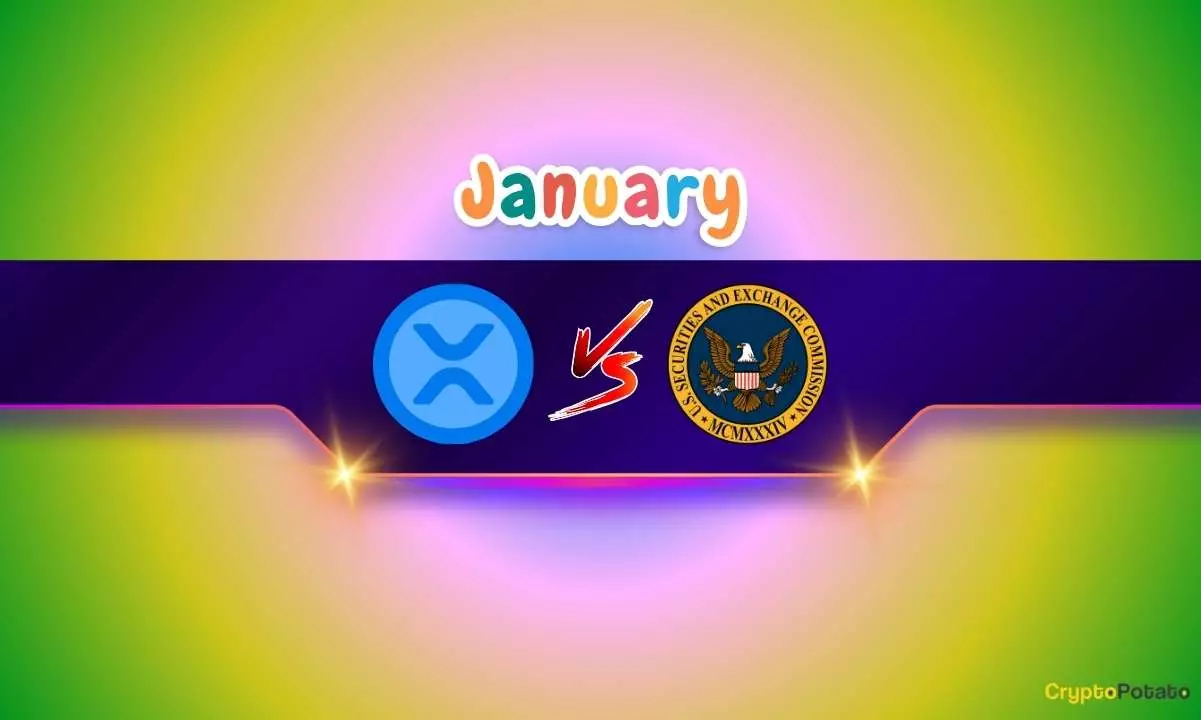Ripple Labs Inc.’s ongoing legal battle with the United States Securities and Exchange Commission (SEC) has become a hallmark case in the crypto industry, drawing significant attention from stakeholders and laymen alike. Since the lawsuit began in 2020, multiple developments have shaped public and regulatory perceptions of the cryptocurrency XRP and its classification, effectively putting the spotlight on broader issues related to cryptocurrencies and securities regulations. The case exemplifies the tension between innovation in technology and the regulatory environment, presenting implications that extend far beyond Ripple itself.
As of early 2023, the SEC has ramped up its appeal against the ruling by Judge Torres, which predominantly favored Ripple. This legal maneuvering underscores the complexity of the case, as the SEC reiterates its assertion that XRP should be classified as a security, regardless of the context in which it is traded or sold. Meanwhile, Ripple’s legal team continues to advocate for a favorable delineation of XRP, seeking to demonstrate that it operates more as a utility token rather than an investment security. Thus far, Ripple appears to have gained momentum, with a notable court ruling declaring that its sales of XRP to retail clients on centralized exchanges did not violate any federal securities laws.
New Faces, New Potential
The resignation of former SEC Chair Gary Gensler on January 20, 2023, coupled with the appointment of Mark Uyeda—a figure perceived as more favorable to cryptocurrency—has led analysts to speculate on a potential shift in the SEC’s approach towards Ripple. Gary Gensler’s leadership was often viewed warily by the crypto community, which saw his regulatory posture as overly adversarial. In contrast, Uyeda’s tenure may provide some latitude for re-evaluating the parameters of cryptocurrency regulation and could potentially lead to a more nuanced approach to the Ripple case.
In the cryptocurrency sector, shifts in regulatory leadership often symbolize broader changes in policy and enforcement strategies. This transition could serve as a pivotal moment, providing Ripple with a renewed opportunity to argue its case, particularly in light of supportive rulings garnered in previous years. However, this optimism is tempered by the SEC’s continued commitment to enforcing what it believes are necessary guidelines to protect investors, possibly prolonging the legal proceedings.
Notably, not all voices within the financial community align with Ripple’s narrative, as represented by the non-profit organization Better Markets, which has sided with the SEC. Their assertion categorizes XRP as a security unequivocally, regardless of how investors obtain the tokens. Better Markets’ argument leans heavily on the influence that Ripple, as the issuer, holds over the market, pushing the envelope on investment contracts as outlined by the Howey test—thus adding another layer of complexity to Ripple’s defense.
Comments and briefs from such organizations underscore the division within the industry, as proponents of regulatory clarity battle with those advocating for innovation and market freedom. The divergence in opinions serves as a reminder that while cryptocurrencies offer potential for economic empowerment, they also pose risks that regulators are striving to address.
With the appeal process now in motion, legal analysts are considering potential outcomes that could arise from this drawn-out saga. John Deaton, an American lawyer known for his interest in the case, outlined three primary scenarios: The SEC could persist with its appeal and extend the fight indefinitely, choose to withdraw the appeal but require Ripple to pay a substantial fine, or find some middle ground to allow Ripple to operate under newly defined parameters.
The implications of the respective outcomes are significant not only for Ripple but also for the entire cryptocurrency ecosystem. A ruling in favor of Ripple could pave the way for greater acceptance and integration of cryptocurrencies in traditional finance. Conversely, an SEC victory could reinforce stringent regulations, creating a chilling effect on innovation and investment in the sector.
The Ripple vs. SEC case exemplifies the inherent uncertainty and complexity of cryptocurrency regulation. As various stakeholders—ranging from regulatory bodies to industry advocates—continue to vie for influence in the evolving landscape, the ongoing legal proceedings will undoubtedly shape the future of digital assets. Ultimately, the resolution of this case may serve as a turning point, determining not just Ripple’s fate but also influencing the broader conversation surrounding cryptocurrencies and their role in the global financial system.
















Leave a Reply